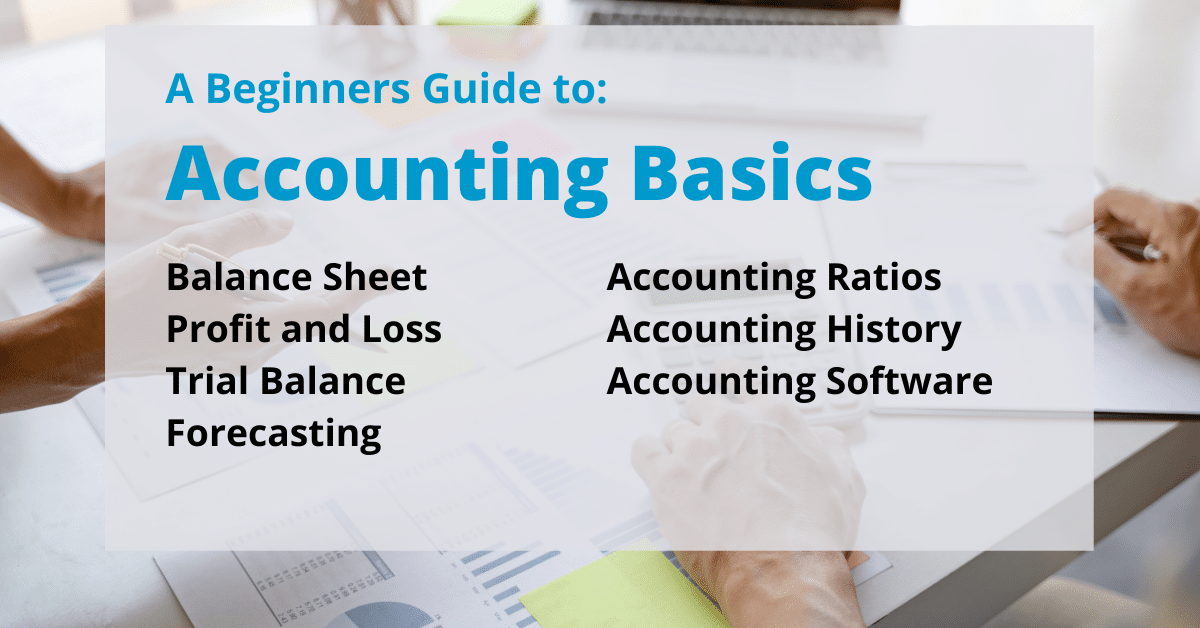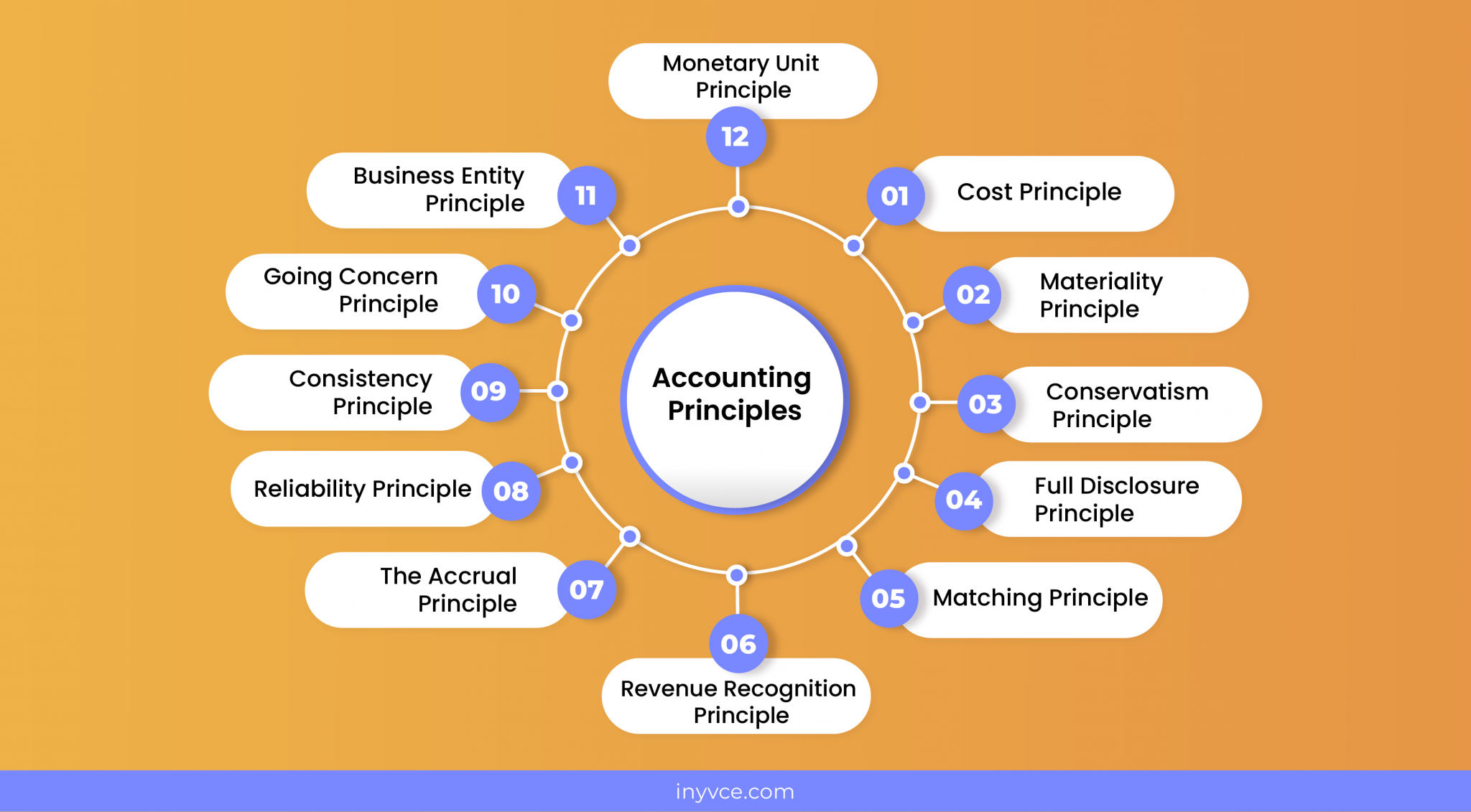
Are you a small business owner feeling overwhelmed by the thought of managing your finances? Don't worry, you're not alone. Business accounting can seem like a daunting task, but with the right tools and knowledge, it can become as straightforward as balancing your personal checkbook. Think of it like learning to ride a bike—it might seem challenging at first, but once you get the hang of it, you'll be cruising along with ease. Let's dive into some essential business accounting tips for beginners that will help you navigate the financial landscape of your small business.
Understanding the Basics of Business Accounting
Before we dive into the specifics, let's start with the fundamentals. Basic accounting principles are the building blocks of managing your finances. These principles include understanding assets, liabilities, equity, revenue, and expenses. Think of these as the gears that keep your financial bike running smoothly.
What Are Assets and Liabilities?
Assets are what your business owns, such as cash, inventory, and equipment. Liabilities, on the other hand, are what your business owes, like loans and accounts payable. Understanding the difference between the two is crucial for maintaining a healthy financial balance.
Equity, Revenue, and Expenses
Equity represents the value of your business after liabilities are subtracted from assets. Revenue is the income your business generates, while expenses are the costs incurred to run your business. Keeping track of these elements will help you understand your business's financial health.
Essential Bookkeeping Tips for Small Businesses
Now that we have a grasp of the basics, let's move on to some practical bookkeeping tips. Bookkeeping is the process of recording and organizing your financial transactions. It's like keeping a detailed journal of your business's financial journey.
Keep Accurate Records
Accurate record-keeping is the cornerstone of effective bookkeeping. Ensure that every transaction is recorded correctly and in a timely manner. This will save you a lot of headaches come tax season.
Use Accounting Software
Investing in accounting software can streamline your bookkeeping process significantly. Tools like QuickBooks, Xero, and FreshBooks are designed to make accounting easier for small business owners. They offer features such as invoicing, expense tracking, and financial reporting.

Regularly Review Your Financial Statements
Financial statements are like the report card of your business. They include the balance sheet, income statement, and cash flow statement. Regularly reviewing these statements will help you stay on top of your financial performance and make informed decisions.
Mastering Financial Statements
Understanding your financial statements is key to making informed business decisions. Let's break down the three main types of financial statements:
Balance Sheet
The balance sheet provides a snapshot of your business's financial position at a specific point in time. It includes your assets, liabilities, and equity. Think of it as a photograph of your business's financial health.
Income Statement
The income statement shows your business's revenue and expenses over a period of time. It helps you understand whether your business is profitable. Think of it as a progress report of your financial performance.
Cash Flow Statement
The cash flow statement tracks the inflow and outflow of cash in your business. It helps you understand your liquidity and ensures that you have enough cash to cover your expenses. Think of it as a map that shows where your money is coming from and where it's going.
Leveraging Technology for Better Accounting
In today's digital age, technology can be a game-changer for small business accounting. Here are some ways to leverage technology to your advantage:
Automate Your Accounting Processes
Automation can save you time and reduce errors. Many accounting software solutions offer features like automated invoicing, expense tracking, and financial reporting. This allows you to focus on growing your business rather than getting bogged down in administrative tasks.
Use Cloud-Based Solutions
Cloud-based accounting software allows you to access your financial data from anywhere at any time. This flexibility can be invaluable for small business owners who are always on the go.

Integrate with Other Business Tools
Many accounting software solutions can integrate with other business tools, such as CRM systems, e-commerce platforms, and payroll services. This integration can streamline your operations and provide a more comprehensive view of your business's financial health.
Common Mistakes to Avoid
Even with the best intentions, mistakes can happen. Here are some common pitfalls to avoid:
Not Separating Personal and Business Finances
Mixing personal and business finances can lead to confusion and potential legal issues. Always keep separate bank accounts and credit cards for your business.
Ignoring Tax Obligations
Understanding and meeting your tax obligations is crucial for avoiding penalties and legal trouble. Make sure you are aware of all the taxes you need to pay and the deadlines for doing so.
Neglecting Regular Financial Reviews
Regularly reviewing your financial statements is essential for staying on top of your business's financial health. Don't wait until tax season to look at your financial records.
Conclusion
Managing your small business accounting doesn't have to be a daunting task. By understanding the basics, leveraging technology, and avoiding common mistakes, you can navigate the financial landscape with confidence. Remember, the key to successful accounting is consistency and accuracy. Keep your records up-to-date, use the right tools, and regularly review your financial statements. With these business accounting tips for beginners, you'll be well on your way to financial success.
FAQs
What is the difference between bookkeeping and accounting? Bookkeeping involves the recording and organizing of financial transactions, while accounting involves the analysis and interpretation of this data to make informed business decisions.
Do I need an accountant for my small business? While it's not mandatory, having an accountant can provide valuable insights and ensure compliance with tax laws. However, many small business owners manage their own accounting with the help of software tools.
What is the best accounting software for small businesses? The best accounting software depends on your specific needs. Popular options include QuickBooks, Xero, and FreshBooks. Each offers different features and pricing plans.
How often should I review my financial statements? It's a good practice to review your financial statements at least monthly. This will help you stay on top of your financial performance and make timely adjustments if needed.
What should I do if I find errors in my financial records? If you find errors, correct them as soon as possible. Use your accounting software to make adjustments and ensure that your records are accurate. If the errors are significant, consider consulting with an accountant.
By following these tips and staying informed, you can take control of your small business accounting and set your business up for success. Happy accounting!
Posting Komentar